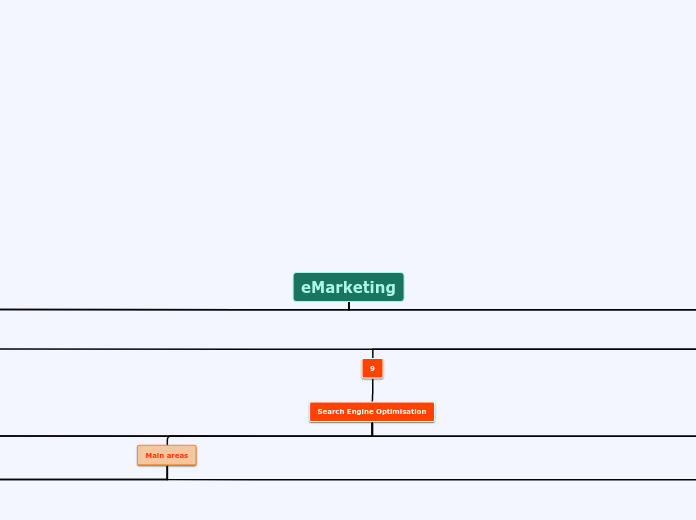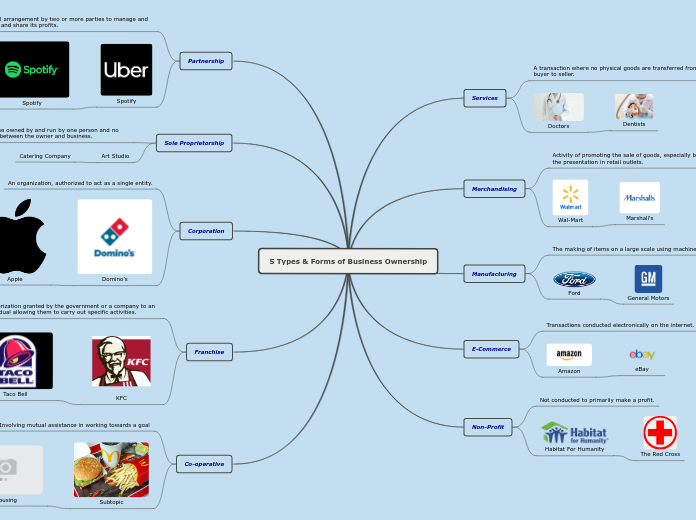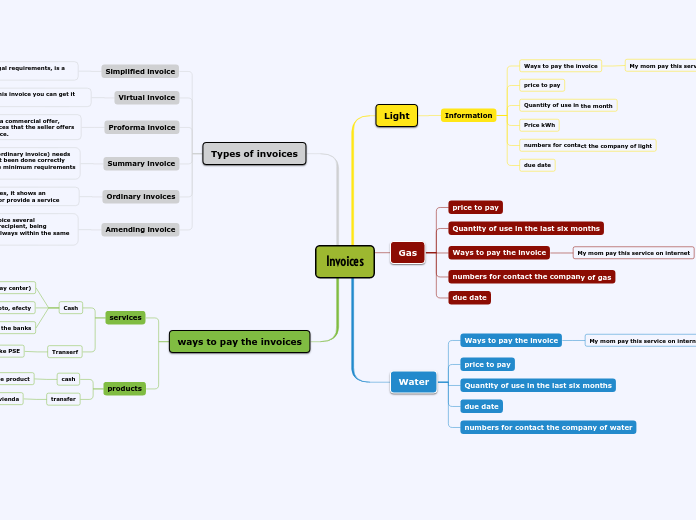Ch. 2 The Internet, Portable Platforms, and Video Games.
Development of the Internet
In the 1990's the internet was used by everyone and not just universities and the government. Soon Al Gore began the funding for the information superhighway, and thus the internet became stable even without government funding. By 1992 Congress passed the legislation that privatized the net, allowing people to profit commercially.
In 1993 Marc Andreessen created Mosaic, the first viable browser with an easy interface and great searching tools for its day.
To use a browser you need to be connected to the internet first, and that requires an Internet Service Provider(ISP). The first ISP was in 1990 and was called The World. Soon after many more ISP's came into the market such as AOL and Verizon.
E-commerce became a term for making money on the internet. Many people became rich fast like the creators of E-bay and Amazon but many who thought they had a great idea had a tough time. Which is just business and competition.
Search engines began to arise as more people sought out information. They were giant indexes of information, and in 1998 Sergey Brin and Larry Page created Google, which used raw website return(where searched keywords would look through the internet and display sites that had those keywords)
Information Superhighway: A grid of cables, fiber optics, and wireless transmitters that allow information to flow among networked computers.
It was very important to have this standardization of the internet as a lot of information needs to to be shared between people during the cold war. Thus the network had to be durable enough to survive nuclear attacks. They ahd the ideas of a centralized network, to a decentralized one, but ultimately they chose a distributed network. A distributed network has no central unit and has multiple paths to flow information to.
A distributed network has many nodes, which act like mail delivery where when it receives information in gives it to another node and so on and so forth until ti gets to it's destination.
Nodes pass information through a method called packet switching, which is where the computer assigns a datagram to each packet noting its origin, destination, date, time, contents, and where it belongs in the overall message.
Decentralized Network: A number of different units have information that flows through them.
Centralized Network: All the information flow from a central unit and out of it
In the 1970's Vinton Cerf created the Transmission Control Protocol/ Internet Protocol (TCP/IP) which is the protocol we use today. The whole idea was structured to keep information in a packet, this is called a datagram. The datagram would be sent coded and once it reached it's destination it would be decoded.
September 2 1969, a scientist by the name of Leonard Kleinrock had his team hook up the computers with the ones with IMP's and they all began to trade information. This was ARPANET's computer network and the start of the today's internet. In 1984 The internet was no longer only apart of the defense department and was taken over by the National Science Foundation and everyone was calling it the "internet." Soon by 1991 over 300,000 computers were connected to the network.
History of the Internet
The Cold War was also a big factor into contributing to the soon to be developed internet. In the 1960's scientists had the idea to have computers communicate with each other from different locations. However they realized the computers they had would be very hard to have them communicate with each other, so they developed new ones with an IMP processor. An IMP processor translates data for the computer so that it can continue to do calculations.
In World war II the first ever vacuum tube computer was created in order to calculate artillery weapons. The development of computers is the first to contribute to the internet coming into fruition.
Media on the Internet
File sharing became a huge thing on the internet as well. From video to audio with downloads, streaming, and on-demand entertainment.
YouTube was founded in 2005 by Chad Hurley and Steve Chen. The ease of creating videos and sharing was very enticing to everyone. The site would get astronomically high views on a daily basis and it led to Google buying YouTube for 1.65 billion. YouTube had the whole network of sharing videos and big companies took the chance to take advantage of it. Companies like PBS and others would upload their own videos and talk about their channel on TV as well. YouTube is the pioneer of Internet videos and is still going strong today.
By the 1990s instant messaging (IM) was created for live chatting, then bulletin boards for posting messages, web logs (blogs) as an online diary of sorts, chatrooms for private conversations, and distance learning for schools.
The word wide web is the main staple of the internet. It has content provided by many different corporations, schools, government and etc. from anywhere.
Domain Name System (DNS): Translates web and email addresses into information that computers can read to route packets through the internet.
Hyptertext: Connecting virtual documents in computers.
A man named Ray Tomlinson created what we know as the electronic mail(E-Mail). The innovation of the ease of sending messages over the network soon began to blow up, and by 1972 every network user was sending e-mails.
Portable Platforms/ Video Games
Int he early days of gaming there was pong. Pong ran on it's own platform, but as the years go by arcades were created. Arcades were where people could come together and play video games with each other by paying a small fee. Soon people wanted to have video games in their own home. Thus the home consoles were invented and online video games were created in the mix as well. The form of entertainment has come a long way, and with the added addition of virtual reality coming into fruition, it will keep evolving.
People want to carry their digital material with them everywhere. People who type at home want to do so on an airplane and kids want to watch videos outside as well.
Cellphones were the first to be introduced as a portable platform. however their main function was to call and text and couldn't do much else. It wasn't until the mid 2000's cellphones turned into smart phones.
Smartphones came about and were the combination of a PDA and a cellphone. It could anything you want, surf the web, play music, call, text, and be an alarm clock. Soon it began to evolve into being able to create videos, stream videos, and able to store vasts amount of information such as books and personal stuff.
Net Neutrality
Net neutrality was the basis of how e-commerce went down. Everyone had a fair chance from small companies to big companies since everything ran through the same network. However big companies want it changes so that they can run their operation the way they want to and prevent slow trafficking. which inevitably means that they can slow down or increase bandwidth at their leisure.









